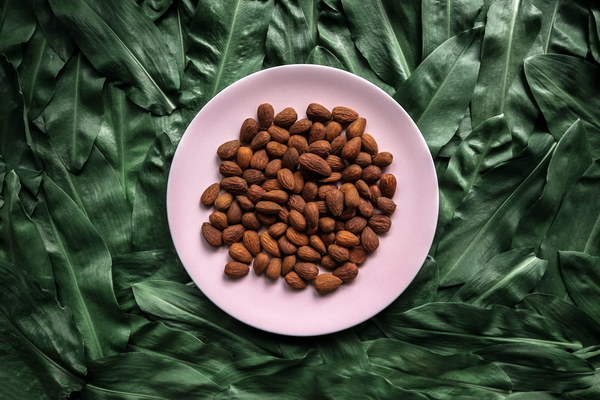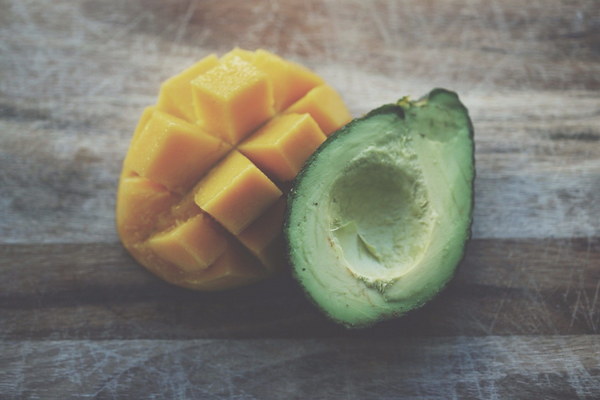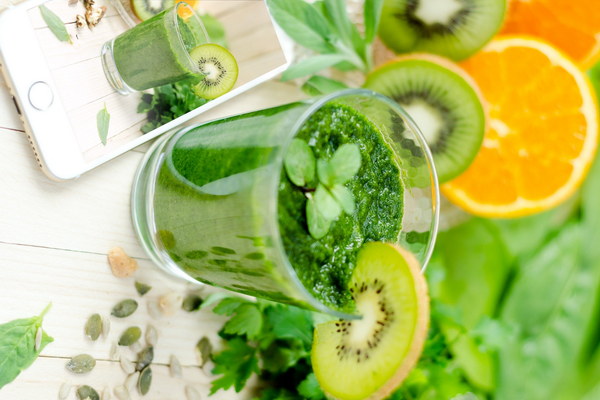Nephritic Hydrops A Comprehensive Diet Therapy Guide for Managing Kidney Swelling
Nephritic hydrops, also known as nephritic edema, is a condition where excess fluid accumulates in the tissues of the body due to kidney malfunction. It can cause swelling in various parts of the body, including the face, legs, and feet. While medication and other treatments are essential in managing this condition, diet therapy plays a crucial role in reducing swelling and improving kidney function. In this article, we will discuss the various dietary strategies that can help manage nephritic hydrops.
1. Limit Salt Intake
One of the most critical aspects of diet therapy for nephritic hydrops is to reduce salt intake. Excess salt can cause the body to retain water, exacerbating swelling. It is advisable to limit salt consumption to less than 2 grams per day. Avoid processed foods, canned goods, and fast food, as they are high in sodium. Instead, opt for fresh, whole foods and use herbs and spices to enhance flavors.
2. Increase Potassium Intake
Low potassium levels can contribute to fluid retention and worsen swelling. To counteract this, include potassium-rich foods in your diet, such as bananas, oranges, potatoes, avocados, and leafy green vegetables. However, it is essential to consult with a healthcare professional before making significant changes to your potassium intake, as excessive potassium can also be harmful.
3. Choose Low-Protein Foods
High protein intake can put additional stress on the kidneys and exacerbate swelling. To reduce this stress, opt for low-protein foods such as fruits, vegetables, and grains. Incorporate lean proteins like fish, poultry, and tofu into your diet in moderation. It is crucial to work with a dietitian to determine the appropriate protein intake for your specific condition.
4. Stay Hydrated
While excessive fluid intake may seem counterintuitive, staying hydrated is crucial for managing nephritic hydrops. Dehydration can lead to increased blood pressure and exacerbate swelling. Aim to drink 8-10 glasses of water daily, or as recommended by your healthcare provider. However, be cautious with fluids if you have heart problems, as this can increase the risk of fluid overload.
5. Limit Fluid Intake
While staying hydrated is essential, excessive fluid intake can exacerbate swelling. Monitor your fluid intake and consult with your healthcare provider to determine the appropriate amount. Avoid drinking excessive amounts of fluid before bedtime to prevent nocturia and disrupt your sleep.
6. Avoid Alcohol and Caffeine
Alcohol and caffeine can increase blood pressure and exacerbate swelling. It is advisable to limit or avoid these substances, especially if you have kidney issues.
7. Follow a Balanced Diet

In addition to focusing on specific nutrients, it is crucial to maintain a balanced diet. Include a variety of fruits, vegetables, whole grains, lean proteins, and healthy fats in your diet. This will ensure you receive all the necessary nutrients to support overall health and kidney function.
8. Regularly Monitor Your Diet
As your condition changes, so may your dietary needs. Regularly monitor your diet and consult with a healthcare professional or dietitian to adjust your eating plan as necessary.
In conclusion, nephritic hydrops requires a comprehensive approach to management, including medication, lifestyle changes, and diet therapy. By following these dietary strategies, you can help reduce swelling, improve kidney function, and enhance your overall quality of life. Always consult with a healthcare professional before making significant changes to your diet or treatment plan.









